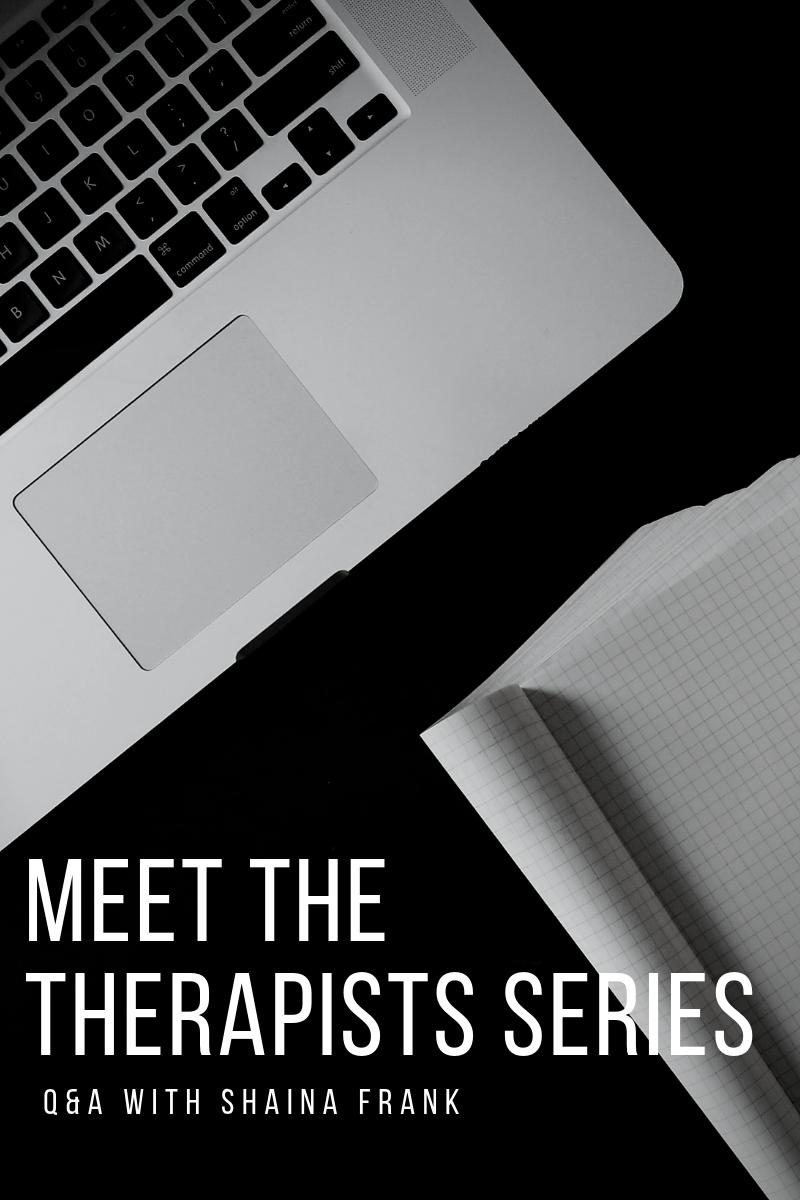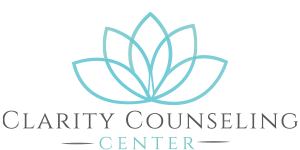
Meet The Therapists Series: Q&A with Shaina Frank
Q&A Series with Shaina Frank
Clarity Counseling Center is a Wilmington, NC–based practice. Our “Meet the Therapists” series is intended to take a closer look into each therapist’s background, values, experiences, and treatment orientation. In this series, we put therapists on the couch to learn who they are and why they do what they do. In this post, I’ll be interviewing Clarity therapist Shaina Frank.
Q: How did you first get interested in becoming a therapist?
A: Growing up, I always believed there was something wrong with being emotional and that being in touch with my emotions would make me a drama queen. It wasn’t until college that I began to see the beauty and strength in the ability to speak about emotions. After enrolling in psychology courses, I realized I could make a career out of holding space for, sitting with, and reflecting on my own and others’ innermost experiences. I switched from my pre-Veterinary major shortly after.
Q: What types of issues do you address and how?
A: In my practice, I enjoy working with individuals who experience chronic depression. I’m passionate about assisting them move away from hopelessness and toward reclaiming meaning and joy.
I also specialize in working with adolescents and young adults who struggle with anxiety, depression, and the overall pressure to fit-in or be “enough.”
Through the careful exploration and examination of the roots of disorders such as anxiety and depression, my hope is to guide individuals in creating lives that are more aligned with their personal values, future goals, and overall dreams.
Q: What is the most challenging part of your work?
A: For me, it’s finding a healthy balance of holding space and empathy for my clients while taking the time to address and nurture my own emotional needs. It can be difficult—especially as a recovering perfectionist—to carve out time for myself that doesn’t include reading a new book on self-compassion or researching an unfamiliar issue a client has presented. I often have to take a step back, reflect on the elements of self-care I so readily suggest to clients, and ensure I’m using them for my own well-being. I also find the work I do with my clients is much more powerful when I make time for myself.
Q: What is the most rewarding part of your work?
A: By far, the most rewarding part of my work is witnessing and experiencing the growth of the individuals I work with, even in the face of tremendous adversity. Being a part of something as powerful as the resilience and vulnerability that I see in clients is, at times, unexplainable, oftentimes heart-wrenching, and always, 100% of the time, hands-down worth it.
Q: What is the most impactful work you have done?
A: Walking individuals through the most difficult periods of their lives, even when they no longer had any interest in living. Some of the most humbling and deeply meaningful experiences I’ve had in this field came through working with clients at this stage in their depression and sitting with them through their most vulnerable, aching moments.
Q: What is the most important thing to look for in a therapist?
A: I fully believe in the importance of the therapeutic relationship and think that, just like clients, all therapists are different in the way they approach and view the world around us. The true work begins in therapy once an individual feels safe, open, and comfortable with being vulnerable, which often arises from the ability to trust in the therapist. People seek different qualities in their therapists. It’s important to reflect on the personal characteristics you would like to see in your therapist, ones that will support you in beginning a truly powerful journey.
Q: If every potential therapy client were listening, what would you want them to know?
A: We all have our “things”: vulnerabilities, fears, failures, moments of pain. These “things” make us human. They make it possible for us to experience love, beauty, excitement, and success. Whatever your reasons are for wanting to begin—or return to—this journey, your “things” are a part of the process, your process. Give yourself permission to seek understanding and find deeper ways of moving through life, while forming self-compassion and a greater ability to work with these human experiences.

